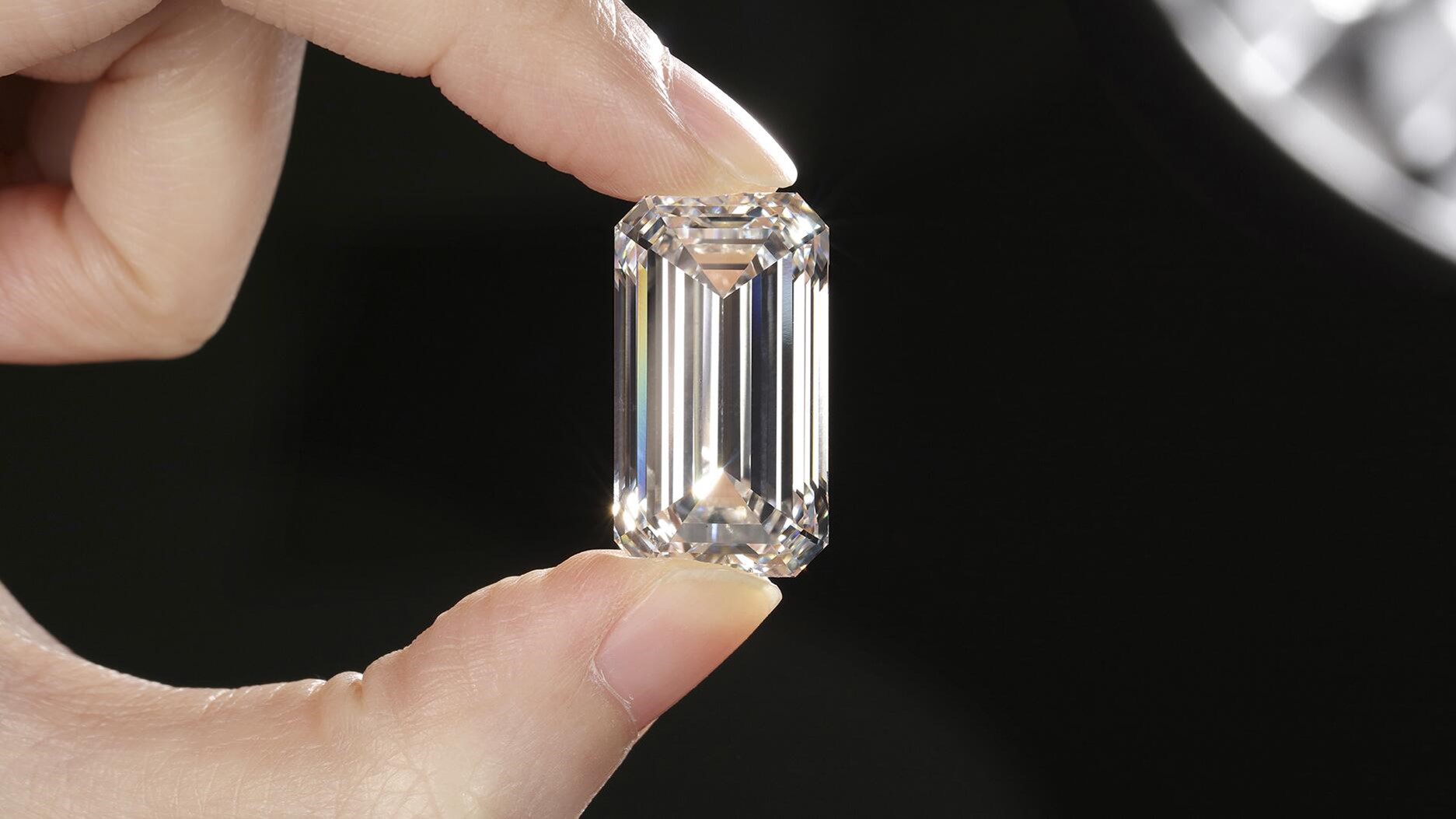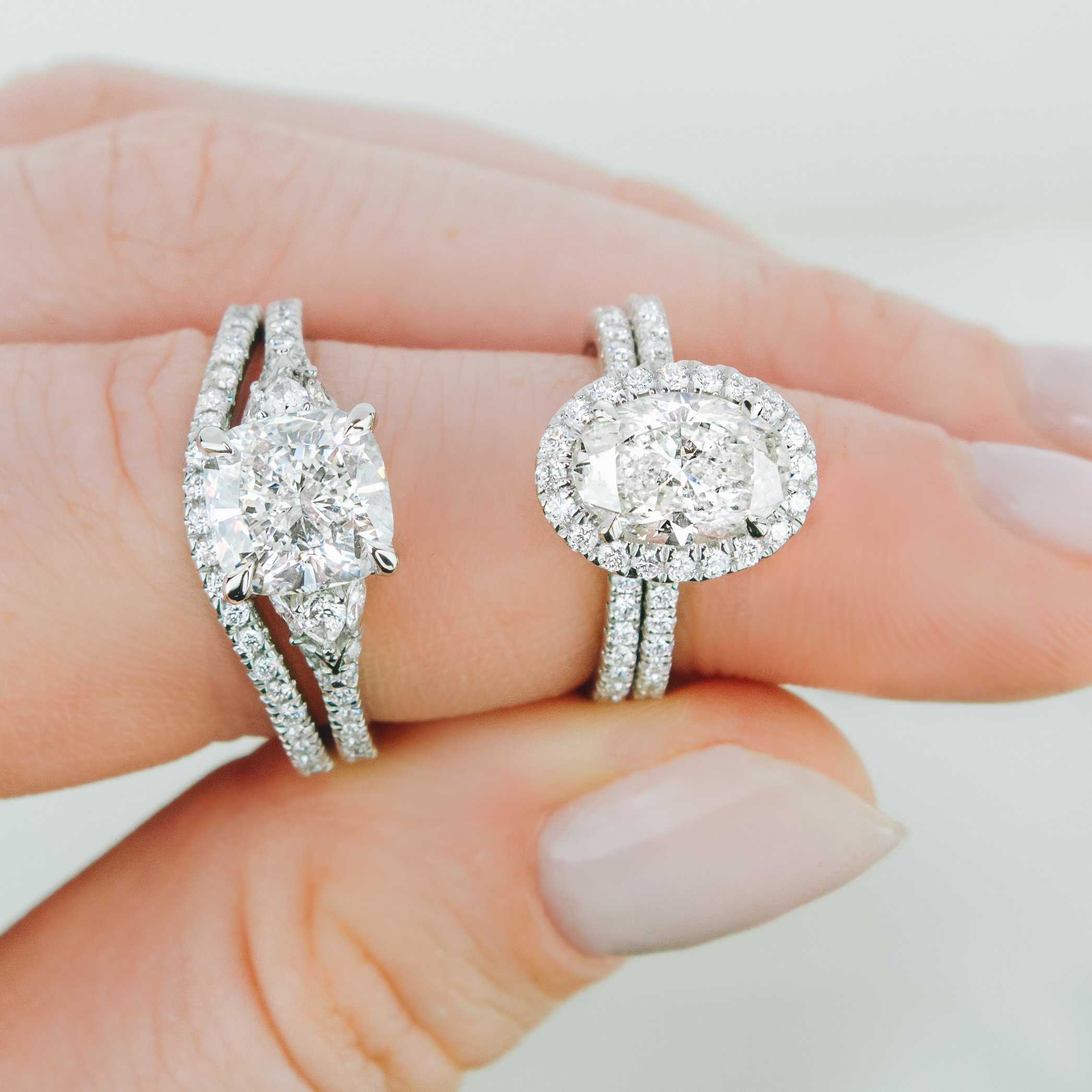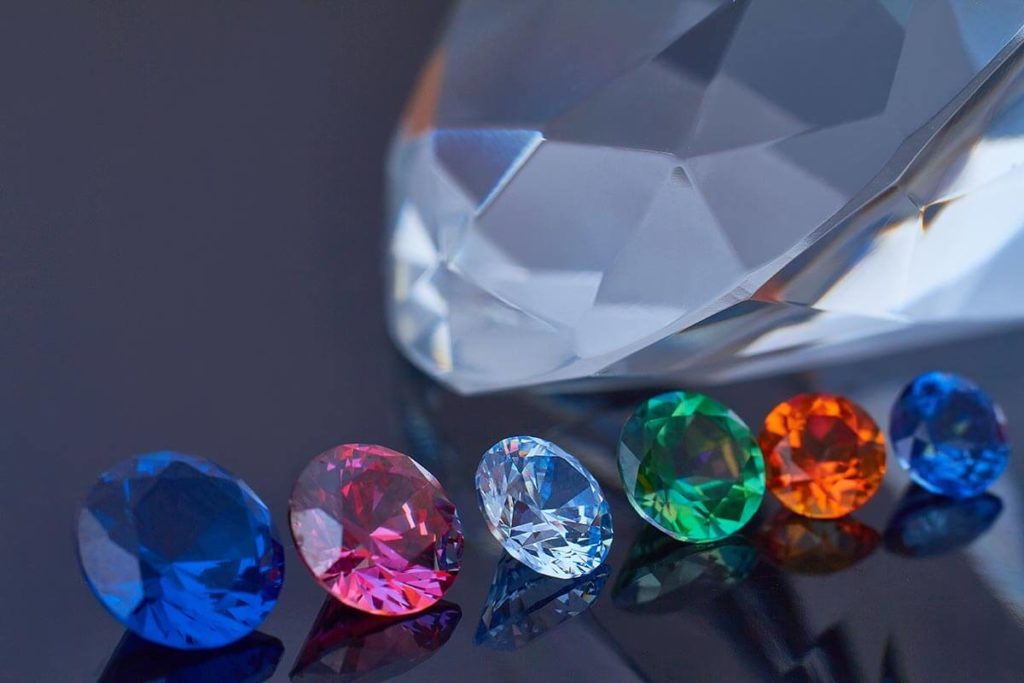
Chinese sunflower seeds are more than just a snack. Originating in China, sunflower seeds have been used for centuries in traditional Chinese medicine and are a key ingredient in various dishes. Their unique flavor and nutritional value have become increasingly popular in recent years. This blog post will explore sunflower seeds’ history, health benefits, and culinary uses. We’ll look at the different varieties available, how to use them in the kitchen, and the health benefits they offer.
Table of Contents
History
Sunflower seeds have a long and storied history in Chinese culture, with evidence of their cultivation dating as far back as the 16th century. It is believed that sunflower seeds were first cultivated by Native American tribes in the area now known as Mexico, who spread them across the continent to many other nations. The seeds eventually made their way to China, quickly becoming popular snacks. Sunflower seeds were originally used as medicine, but until the 20th century, their culinary use began to take off.
In traditional Chinese medicine, sunflower seeds are thought to have both cooling and detoxifying properties. They are said to be good for digestion, help clear heat from the body, and reduce swelling and inflammation. They are also thought to help clear toxins from the liver and are sometimes prescribed as a dietary supplement to treat various ailments.
The popularity of sunflower seeds in China is still going strong today, with the seeds being a popular snack item at restaurants, tea houses, and markets throughout the country. Sunflower seed snacks come in various flavors, such as sweet, salty, spicy, and more, making them an ideal snack for any occasion.
Health Benefits
Sunflower seeds are nutritional powerhouses packed with vitamins, minerals, and healthy fats. These tiny seeds are a great source of vitamin E, an antioxidant that can help protect cells from damage. They’re also an excellent source of magnesium and copper, as well as a good source of zinc and selenium.
Eating sunflower seeds may have impressive health benefits, including improved heart health, digestion, and stronger bones. Studies have found that eating sunflower seeds can lower cholesterol levels and improve the ratio of good cholesterol to bad cholesterol. Additionally, sunflower seeds contain omega-6 fatty acids, which have been linked to a reduced risk of heart disease.
The magnesium in sunflower seeds is great for digestion and may help reduce constipation. Magnesium helps your body absorb calcium, so it’s important for bone health. Sunflower seeds are also a good source of fiber, which is essential for digestive health.
Overall, sunflower seeds are an incredibly healthy snack that provide a wealth of vitamins, minerals, and healthy fats. Eating them regularly may help reduce your risk of developing chronic diseases such as heart disease and diabetes.
How to Select and Store
When selecting Chinese sunflower seeds, you should look for seeds that are still in the shell. The shells should be intact and not broken. Additionally, the shells should not have any signs of mildew or discoloration.
When storing sunflower seeds, keeping them in an airtight container is important. This will help to preserve their freshness. It is also recommended to store them in a cool, dry place away from direct sunlight. Sunflower seeds can also be refrigerated or frozen for extended storage.
Once opened, it is best to eat Chinese sunflower seeds within a few days. If you find yourself with more than you can consume in this time period, you can store the opened package in the refrigerator or freezer. However, it is important to note that the flavor of the seeds may become slightly altered when frozen.
How to Enjoy
When it comes to enjoying Chinese sunflower seeds, the options are virtually endless. There are countless ways to enjoy these delicious seeds, from a simple snack to an elaborate meal. Here are a few of our favorite ways to savor the flavor and nutrition of Chinese sunflower seeds:
- Snacking – Sunflower seeds make a great snack! They are crunchy, flavorful, and pack a good source of protein and healthy fats. Roast your sunflower seeds with a bit of sea salt for an even tastier treat.
- Salads – Sunflower seeds make a delicious addition to salads. Add sunflower seeds to your favorite greens, vegetables, and proteins to boost flavor and nutrition.
- Baking – Incorporating sunflower seeds into your baking can add an interesting nutty flavor and crunchy texture to breads, muffins, cookies, cakes, and more.
- Soups and Stews – Sunflower seeds can also be a great addition to soups and stews. They add an extra layer of flavor and can help thicken the soup or stew.
- Sandwiches – Toast or grind some sunflower seeds and sprinkle them onto sandwiches for an extra layer of flavor and texture.
- Trail Mix – Make your own custom trail mix with Chinese sunflower seeds, dried fruit, nuts, chocolate chips, etc. for a delicious and nutritious snack on the go.
No matter how you choose to enjoy Chinese sunflower seeds, they are sure to add a bit of flavor and nutrition to any dish!
Conclusion
Sunflower seeds are a nutritious, versatile, and delicious snack that can be enjoyed in many different ways. These small seeds pack a huge flavour punch from salads and stir-fries to snacks and baked goods. They are also an excellent source of nutrients, including vitamin E, magnesium, selenium, and B vitamins. Not only that, but their natural oils help protect the body from disease.
Although sunflower seeds are widely available and easy to store, selecting the best quality is important. Look for organic, non-GMO varieties with no added salt or preservatives. Also, make sure to store them in an airtight container to keep them fresh.
All in all, sunflower seeds are a fantastic snack and should definitely be incorporated into your diet. Enjoy!








